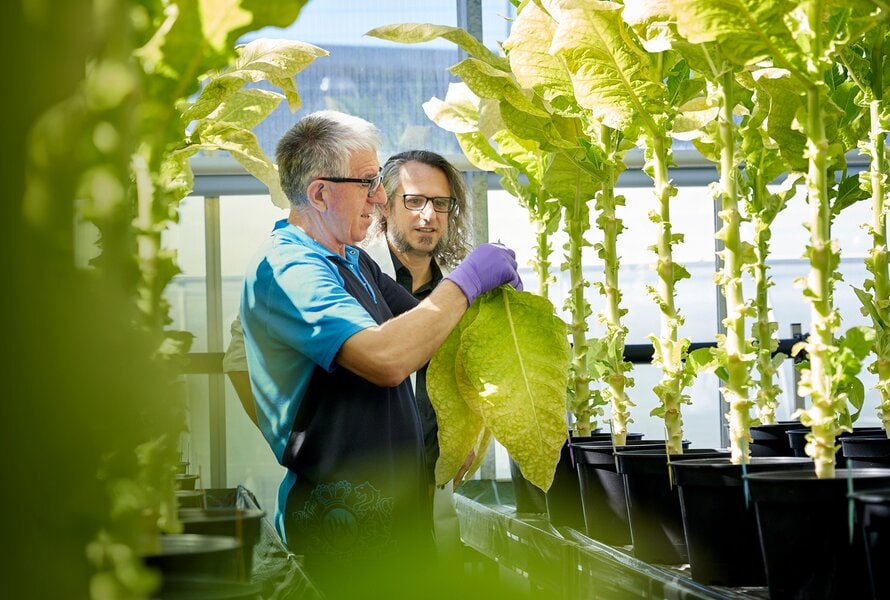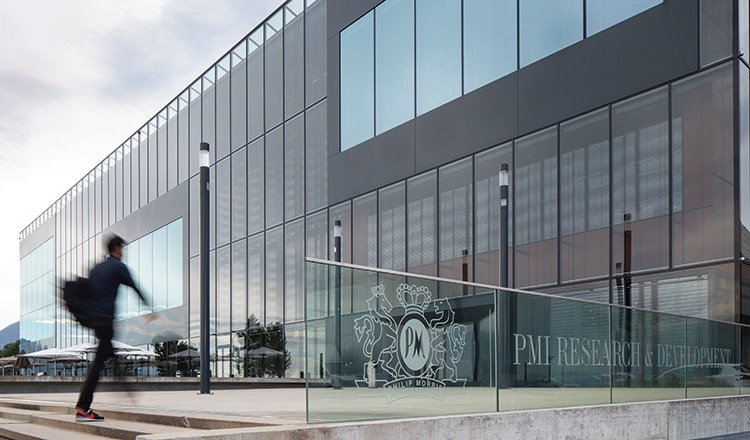Phillip Morris International (PMI) has become the first graduate from Sustainable Brands’ Voyager program, following its two-year participation as an inaugural member.
The Voyager program was developed to create a multifaceted platform that helps companies recognize the problems they face collectively and individually, as well as the opportunities these problems present for creating positive change. It contains a variety of programs and tools that help companies to transform themselves, and their stakeholders. As a result, these companies can prosper as forward-leaning brands.
PMI became the inaugural participant when the program launched in 2019. By then, the company was three years into its industry-first transformation, having publicly declared its vision in 2016 that smoke-free alternatives will one day replace cigarettes.
PMI is delivering better, science-based alternatives to cigarettes for adult smokers who would otherwise continue to smoke. To date, the company remains the only cigarette manufacturer to make this commitment, and thus reports regularly, and in detail, on its progress toward achieving a smoke-free future.
Before and during its two-year trial period as a “Voyager,” PMI engaged Sustainable Brands’ Advisory Board and Corporate Members in stakeholder sessions and member meetings. In these engagements, members emphasized the importance of PMI demonstrating an ongoing commitment to its smoke-free aspiration, as well as beginning to envision what a “net-positive” future might look like for the company.
PMI has risen to the occasion. Among other moves, the company has reaffirmed its Board-level commitment to a smoke-free future and strengthened its sustainability governance.
This year, PMI ramped up its ambitions—increasing its 2025 target for the net revenue contribution of its smoke-free products to at least 50 percent, up from its previous target of 38-42 percent, and announcing an aspiration to generate at least USD 1 billion in net revenues from “beyond nicotine” products by 2025.
PMI’s journey as a Sustainable Brands “Voyager”
When PMI joined the Voyager program, it made the same commitments as Sustainable Brands’ fully-fledged Corporate Members, plus the following Voyager-specific commitments:
- Having an active and influential change agent/champion driving the transformation within the business. This has been clearly embodied by our previous Chief Sustainability Officer, Huub Savelkouls, and Jennifer Motles, who succeeded Huub in late-2020. She reports directly to our Chief Financial Officer, Emmanuel Babeau.
- Undertaking a transformational change that goes to the heart of the controversies identified in Sustainable Brands’ membership screening process—in PMI’s case, this involves selling harmful, addictive products and operating in a controversial industry.
- Openly addressing the aforementioned controversies, which PMI CEO André Calantzopoulos has done, as well as affirming support for the transformation, and stating how it will help resolve the issues.
Through the Voyager program, PMI actively participated in bilateral conversations with members and other SB stakeholders at Corporate Member meetings and Sustainable Brands events around the world. PMI was also given access to the Sustainable Brands Brand Transformation Roadmap℠. This is a proprietary orientation and navigation tool that comprehensively maps out the journey from business-as-usual to a fully sustainable brand, and helps companies determine their current position in five key areas:
- Transparent and proactive governance
- System-wide brand influence
- Regenerative operations and supply chain
- Net positive products and services
- Positive social or environmental purpose
Within each of these areas, the Roadmap defines five levels of progress:
- Conventional
- Getting Started
- Promising Progress
- Emerging Leader
- Sustainable Brand
PMI was required to use the Roadmap to assess its progress on the journey to becoming a “sustainable brand” and identify opportunities for improvement. To balance its own self-assessment, SB’s leadership scrutinized PMI’s responses to the assessment, and facilitated external feedback from a variety of its Corporate Members.
Sustainable Brands provides tools like the Roadmap to help us understand the North Star, and benchmark our performance internally. It also offers an opportunity to receive candid feedback and directional advice. As a Sustainable Brands Community Member, we are able to participate in constant dialogue and fruitful discussion with other brands. This especially applies to those that have designed a regenerative future from the start, have overcome transformational challenges similar to what we face, or want to collaborate on eliminating barriers that impede our collective ability to change.



